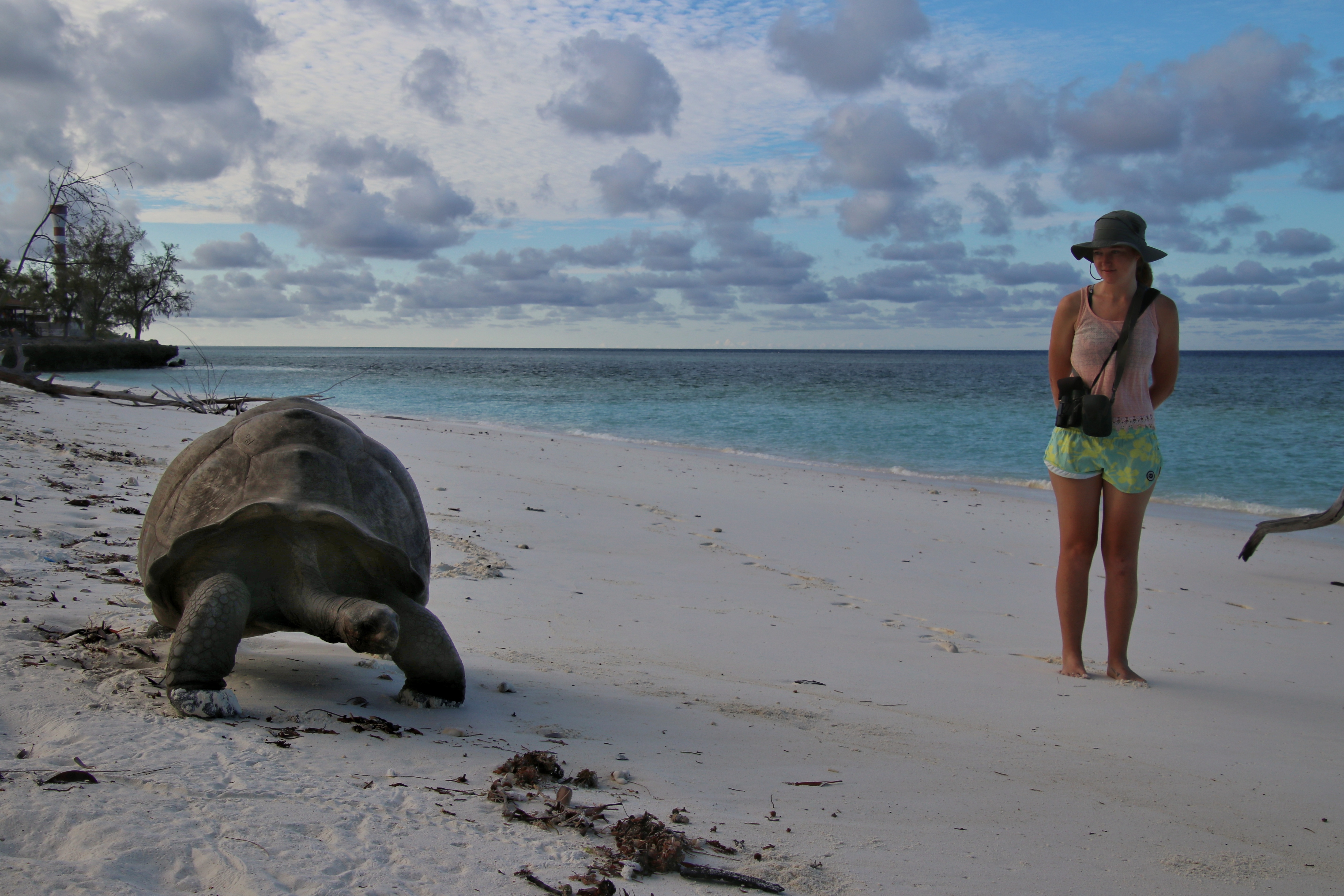
The Albatross and Petrel Agreement has chosen the theme “Climate Change” to mark the third World Albatross Day, to be celebrated on 19 June 2022. This follows the inaugural theme “Eradicating Island Pests” in 2020 and “Ensuring Albatross-friendly Fisheries” last year.
The featured species chosen for 2022 are two of the three species of albatrosses that breed in the North Pacific: the Black-footed Phoebastria nigripes and the Laysan P. immutabilis. Both these globally Near Threatened albatrosses have most of their breeding populations on the low-lying atolls of the USA’s North-Western Hawaiian Islands. These atolls - and their breeding seabirds - are all at risk from predicted sea level rise and increases in the number and severity of storms that result in flooding, both considered a consequence of climate change. Storm floods have even caused at least one small sandy islet to disappear into the sea, losing breeding sites for several thousand albatross pairs (click here); elsewhere in the island chain, as on Midway Atoll, storms have caused flooding of albatross nests and loss of chicks close to the shore.

ACAP’s WAD poster designer, Michelle Risi, now based on Aldabra Atoll for two years after an extended stay on Gough Island, has with the help of five excellent photographers produced a poster series for the two birds. The 12 posters are being made freely available for printing during the build up to World Albatross Day on 19 June. French and Spanish versions are to follow. ACAP requests it be acknowledged in their use for conservation purposes. They should not be used for financial gain.
 Michelle Risi records the band number of a non-breeding Critically Endangered Tristan Albatross Diomedea dabbenena on Gough Island
Michelle Risi records the band number of a non-breeding Critically Endangered Tristan Albatross Diomedea dabbenena on Gough Island

Michelle Risi on a beach at Aldabra with a Giant Tortoise Aldabrachelys gigantea
Contrasting photographs by Chris Jones
With thanks to photographers Laurie Smaglick Johnson, J.A. Soriano, Eric Vanderwerf, Lindsay Young and Kirk Zufelt, and especially to Michelle Risi, for their support of albatross conservation.
John Cooper, ACAP Information Officer, 18 January 2022

 Español
Español  English
English  Français
Français